Tucking into fresh crab sandwiches by the beach, sampling refreshing ales from myriad microbreweries and whiling away the afternoon with a scrumptious cream tea are just some of the mouth-watering experiences for those in search of culinary treats in Somerset, Dorset, Devon and Cornwall. Jump in a car and follow Lonely Planet’s top tips for a gourmet tour of southwest England.
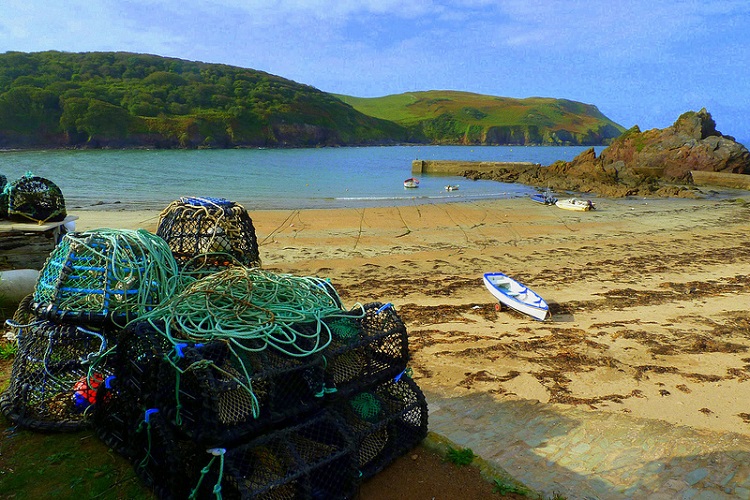
A rural paradise with idyllic pastures and rolling green hills, Somerset is the home of apples and cheddar cheese. Though the latter is now produced all over the world, the town of Cheddar is the true home of its namesake cheese. These days, only the Cheddar Gorge Cheese Company continues to make cheddar in town and a visit to its factory shop is to witness hundreds of years of cheese-making tradition. Combine this with a visit to the farmers markets of nearby historic towns such as Wells, Frome and Shepton Mallet and you have the makings of a ploughman’s lunch or a country picnic.
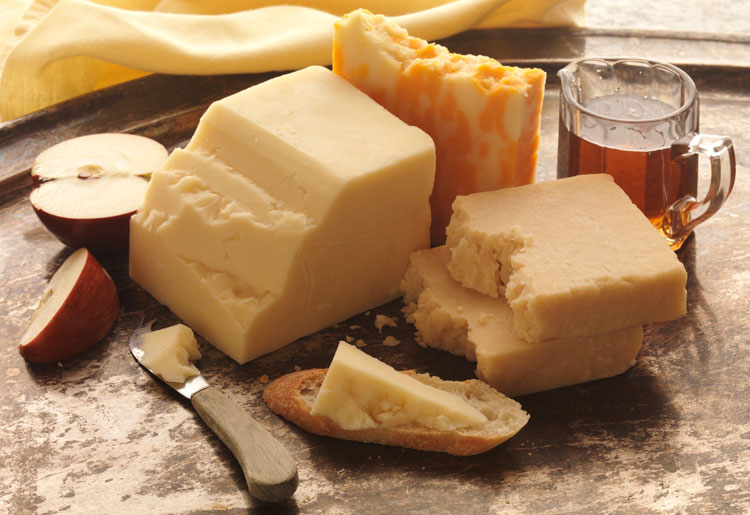
Cheddar and apples, one of Somerset's tangiest flavour combinations. Image by Derek Cooper Photography Inc / Flickr / Getty Images.
South of Cheddar are abundant orchards that produce no less than 400 varieties of apples for scrumpy, as cider is known around these parts. A visit to artisan farms such as Burrow Hill Cider (www.ciderbrandy.co.uk) and the Somerset Distillery gives an insight into traditional harvesting and pressing methods, not to mention a good yarn over samples of vintage cider and cider brandy with the illustrious owner, Julian Temperley.
Around the corner, the wetlands of the Somerset Levels are a popular spot for eel fishing. The squeamish can opt for the smoked variety at the Brown and Forrest Smokery (www.smokedeel.co.uk), which makes a pleasant stop for lunch. Tours of the hot and cold smokery run on open days, when you can also taste classics such as salmon, eel, trout and mackerel alongside not-so-traditional scallops, venison and black pudding.
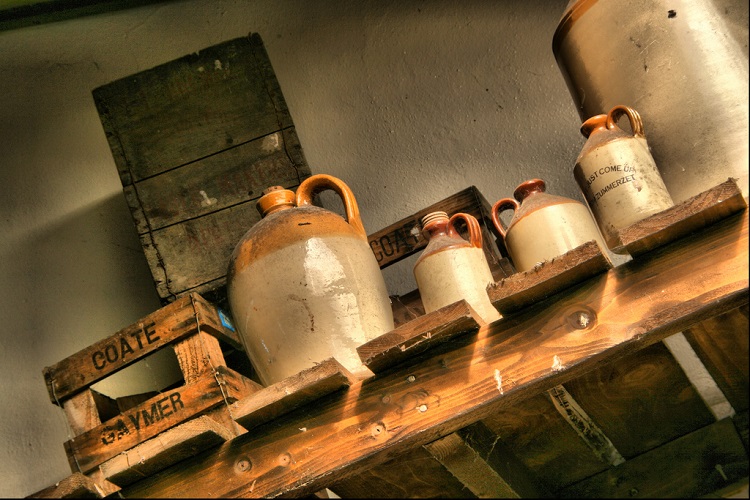
It’s all about the seafood in Dorset, whose stunning Jurassic coast boasts World Heritage status. Its seaside resorts might be looking a little tired these days but the cafes and restaurants along the beaches are unbeatable when it comes to fresh seafood. Topping the list is the justly popular Crab House Café (www.crabhousecafe.co.uk) in Wyke Regis, where the fish and shellfish just about land on your plate directly from the local fishing boats and the on-site oyster bed. Pair expertly cooked fish with tasty sauces, and sublimely fresh crab and oysters with chilled Chablis or even a local Bridport sparkling wine and simply watch the world go by.
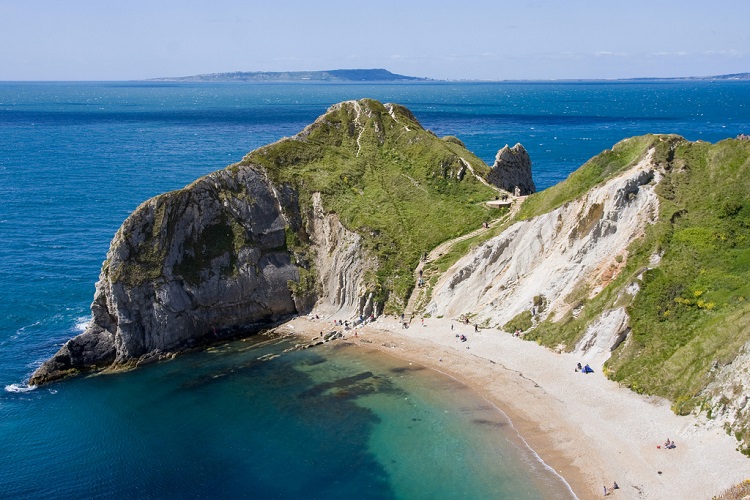
The seafood theme continues on Devon’s south coast, where equally fresh South Devon crab is the order of the day. The traditional fishing port of Plymouth is studded with seafood restaurants serving this delicacy whole, spread on toast, stirred through hot pasta or moulded in cakes, as well as excellent fish and chips and locally caught, seasonal fish such as mackerel.
Up north, the eerie and dark beauty of the moors lends itself to more bracing fare. The rich marbling of locally bred Red Ruby Devon beef is perfect as grilled steak or stewed in a hearty pie. Tucked away in a secluded corner of Dartmoor National Park is the stately Gidleigh Park, with a Michelin-starred restaurant and a cosy lounge that's perfect for enjoying another Devon tradition, cream tea. Hot buttery scones are smothered with jam and a dollop of thick, yellow-crusted cream and accompanied by a refreshing pot of tea.
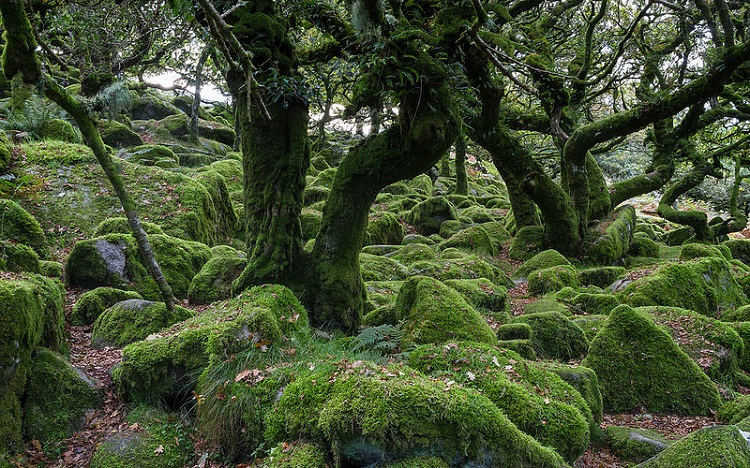
Time your visit with any of the food festivals running from April to October, including the Exeter Festival of South West Food & Drink (April/May), South Devon Crab Month (August), Lobster and Crab Feast (September) and the Dartmouth Food Festival (October).
The Cornish will tell you their region is a country in its own right. A country with a plethora of indigenous gourmet delights that is enough to satisfy the most finicky of visitors. Most famous of them all is the Cornish pasty, favoured by West Country miners who would carry the portable beef and vegetable pies in their pockets to warm hands and bellies. The humble pasty has cemented its Cornish identity by being awarded EU-protected status, which requires all pies named Cornish pasties to carry the signature crimp and be produced entirely in Cornwall. Many bakeries compete for the title of ‘World’s Best’ but we think the St Ives Bakery on Fore St is worth checking out for its traditional wooden warming drawers from which emerges the heavenly scent of freshly baked pasties.
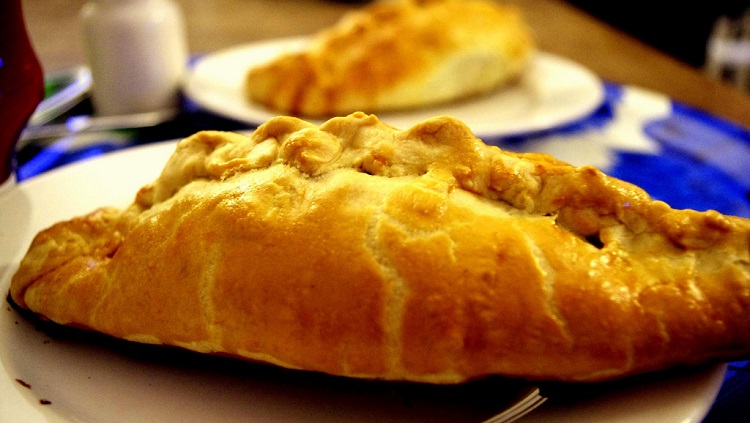
To wash it all down, Cornwall’s microbreweries produce an excellent range of boutique ales with charming names such as the ‘Admiral’s Ale’ or ‘Proper Job’. The tiny fishing village of Mousehole (pronounced ‘Mauzl’) makes an ideal backdrop for a pint and the catch of the day. Those hankering for a stronger brew can opt for the too-easy-to-drink amaretto sour at pretty gastropub the Old Coastguard (www.oldcoastguardhotel.co.uk), which complements its elegant seasonal fare – or perhaps try the EU-protected Plymouth Gin, a dryer style of gin from the local Blackfriars Distillery.
Cornwall’s free-roaming Friesian cows produce standout milk that is justly renowned for its high quality and distinctly rich taste. It's used in everything from lemon-hued clotted cream in cream teas (though unlike their neighbours, the locals here put the cream on before the jam) to the mild-tasting nettle-wrapped Cornish yarg cheese. Those with a sweet tooth can indulge in smooth Cornish ice cream made from the same clotted cream.
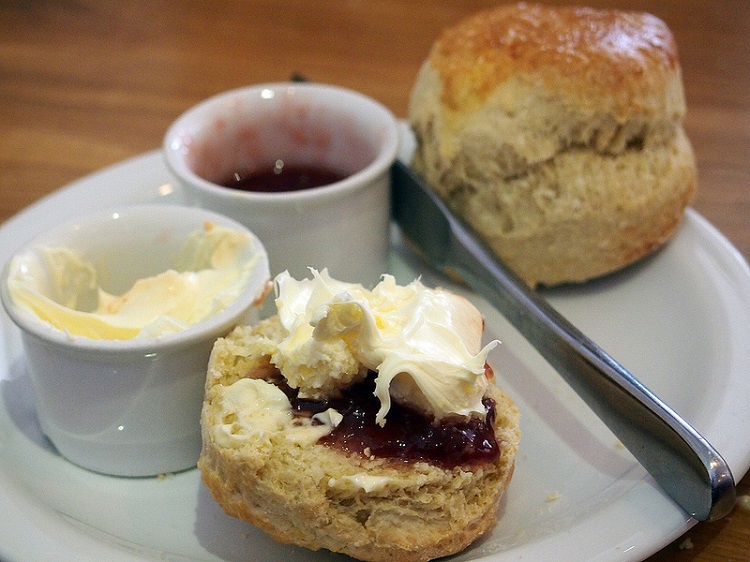
No visit to Cornwall is complete without sampling the world-class seafood and there is no better place for this than Padstow, jokingly referred to by locals as ‘Pad-stein’, homage to celebrity chef and entrepreneur Rick Stein, whose empire includes restaurants, accommodation, a deli, patisserie, gift shop, fishmonger and a cookery school, all virtually within a mile of each other. The jewel in the crown is the flagship Seafood Restaurant (www.rickstein.com/The-Seafood-Restaurant.html), where a mere £65 buys a heaving shellfish platter fresh off the boats. Have it served raw or expertly cooked with an array of dipping sauces.